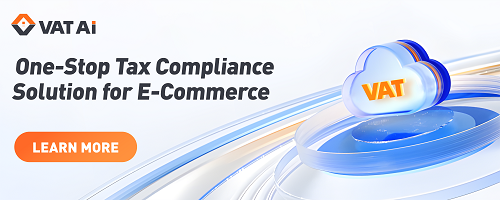- Electronic Invoicing in Malaysia for Phase 1 started on August 1, 2024 for taxpayers with annual turnover over RM100 million
- Malaysian government introduced tax incentives for e-Invoicing implementation in 2024 budget
- Challenges in transitioning from traditional to e-invoicing include format requirements, validation checks, data privacy & security
- Self-billed invoice is issued by buyer on behalf of supplier when supplier is unable to issue an e-invoice
- Buyer assumes role of supplier, generates and submits e-invoice to IRBM for validation
- Buyer must provide supplier with copy of validated self-billed e-invoice
- Example of self-billed e-invoice given for transaction between Malaysian and foreign company
- Transactions included for self-billed e-invoice in Malaysia include payments to agents, foreign suppliers, dividends, e-commerce, betting winners, individuals not in business, interest payments
- Consolidation does not apply to self-billed e-invoices in certain scenarios
Source: taxilla.com
Note that this post was (partially) written with the help of AI. It is always useful to review the original source material, and where needed to obtain (local) advice from a specialist.















